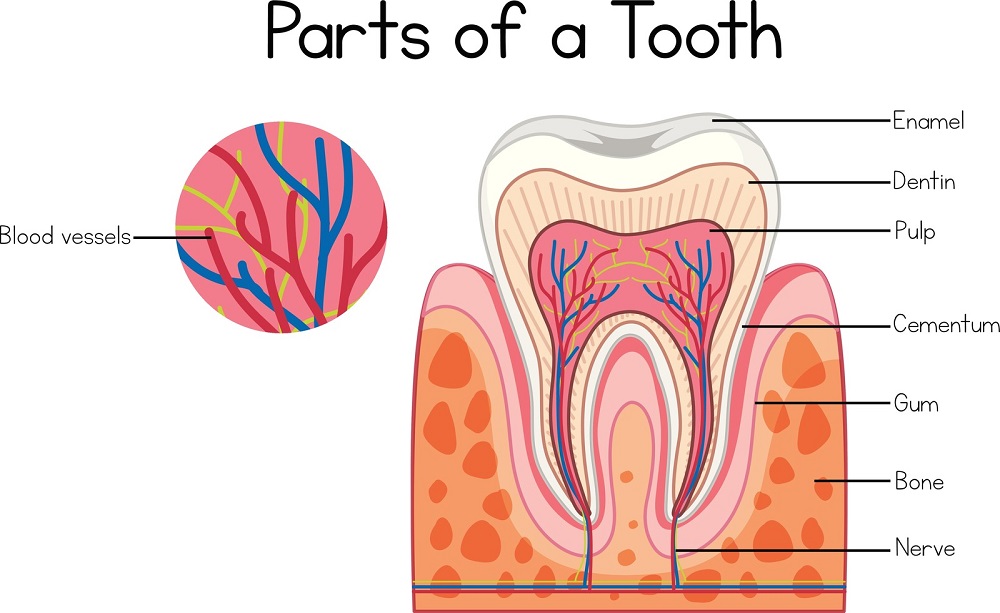Our dentist in North Naples will most likely advise a root canal when your tooth is seriously damaged but still treatable. Most people want to know what to anticipate before this type of health procedure. It’s essential to be curious about the specifics of a root canal and gather as much information as possible to prepare for the course. The steps of this treatment are described below.
What is Root Canal Therapy?
A section of the pulp cavity, which houses the roots, is the root canal of a tooth. It includes necessary tissues and nerves. Due to the sensitivity of the temperature inside the tooth, the nerves inside cause pain and suffering. The pulp also manages and delivers blood to keep your teeth healthy.
Root canal therapy is used when a tooth’s pulp chamber has to have the damaged or infected tissues and nerves removed. In addition, even if no cracks or chips are apparent, a tooth injury may result in pulp injury. An abscess may develop if pulp inflammation or infection is left untreated.
How To Reduce The Pain Level?
Follow these guidelines to ensure a smooth and efficient recovery from your root canal procedure:
- To avoid biting your face, tongue, or tooth too hard, wait until the anesthetic’s numbness has entirely worn off before eating. Try to consume soft foods that don’t require much chewing.
- Take any pain medications as advised by our dentist or endodontist. Over-the-counter painkillers are usually sufficient, but if more vital prescription medication is judged essential, our dentist may prescribe it.
- Call our dentist if you feel significant discomfort or pain that worsens two or three days after your root canal operation.
- As usual, brush and floss your teeth. Following a root canal, you can and should maintain an excellent oral hygiene routine.
- Never chew on meals that are sticky or firm. As a result of the probable temporary filling, your tooth and bite may feel different and may be more vulnerable to injury.
- Schedule a follow-up appointment for your tooth’s ultimate restoration (filling or crown) as soon as possible. Ref refrains from forcefully chewing or biting down on the treated tooth until a more durable filling or crown has been affixed.
- What kind of ultimate repair is needed depends on how much previous tooth damage there was.
- Not all teeth that have had root canals require crowns. For strength, the back teeth, premolars, and molars typically require crowns, whereas the front teeth are frequently treated with fillings.
A root canal operation doesn’t have to be unpleasant or painful. Use painkillers as directed, maintain good oral hygiene practices, and handle the treated tooth gently until it feels normal and you have gotten your last filling or crown. If done correctly, your tooth’s ultimate restoration and root canal filling should last a lifetime. Today, root canal therapy is exceedingly successful and predictable. Don’t let fear or false information prevent you from receiving the necessary care to preserve your smile.
Finding a Root Canal Therapy In North Naples!
It’s crucial to understand that if a sick tooth is not treated, it will continue to be infected and may even develop abscesses, leading to serious health problems. Although some individuals believe that getting root canal therapy near you causes pain, this is untrue because the surgery eliminates the cause of the problem.
Although losing a tooth may not initially cause issues, over time, it can hurt one’s ability to eat, speak, and smile, as well as their self-confidence regarding their physical appearance. But there are alternatives, such as dental implants or bridges, if the tooth cannot be preserved and must be extracted.
It’s time to find our dentist near you if you have been dealing with it for a while. Book an appointment with us here at Torrens Dental Care and have your oral health checked today.
